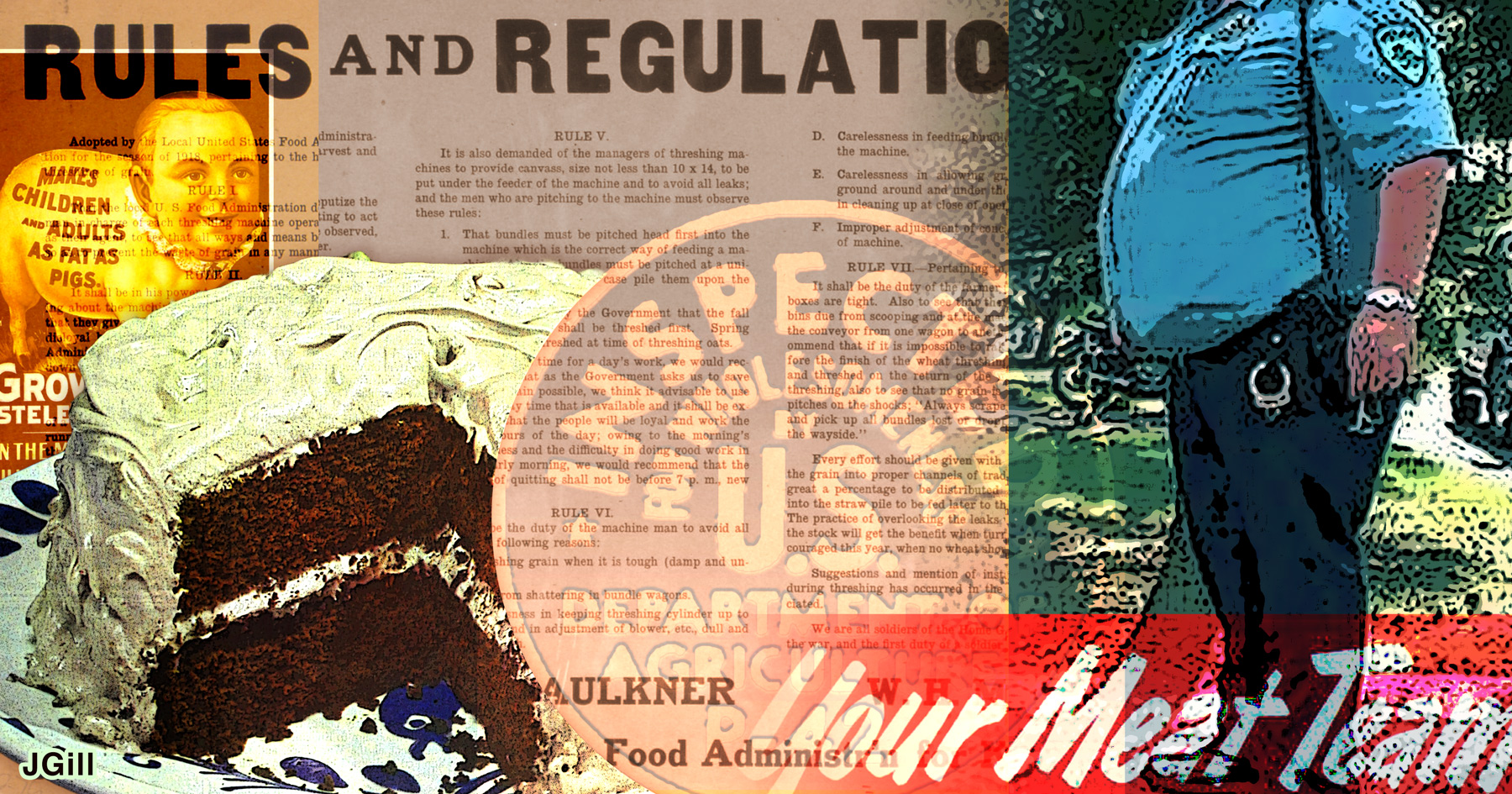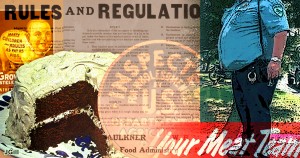Doom is not always bad. I’d appreciate the doom of nonsensical doomsaying, for instance… although I doubt that that glorious day will dawn anytime soon.
Equally unlikely is an apology from ABC and Chris Cuomo for pitching, back in 2008, a muddled ABC special, “Earth 2100,” about all the disasters expected to arrive by 2015, among other years.
The idea? Forecast the harm inflicted by allegedly man-made global warming and collateral calamities, via the scientific methodology of being safely vague or just making stuff up. One way the network secured data was to ask viewers to pretend they’re in the future and then “report back.” (Well, it was 2008, a more primitive era. They did things like this back then.)
Here’s a sample of what ABC purveyed as possibly impending:
- “Temperatures have hit dangerous levels.” (Time for air conditioning and/or heat!)
- “We’ve got more people, less and less resources. That’s a recipe for disaster.” (Let markets be fully unfettered so we can be sure to get more and more instead!)
- “It’s June 8, 2015. One carton of milk is $12.99.” (Unless that’s a big carton, no. Try $3 or $4 a gallon.)
- “We’re going to see more floods, more droughts, more wildfires.” (Good work, Nostradamus!)
We still get storms. (Always had ’em; always will.) And inflationary Fed policy and other bad governance still swirl on the horizon. So let’s have shelter, fire departments, umbrellas, and market-friendlier policies; and let’s not reside on hurricane-prone beaches.
Thanks for the heads-up, Chris.
This is Common Sense. I’m Paul Jacob.











